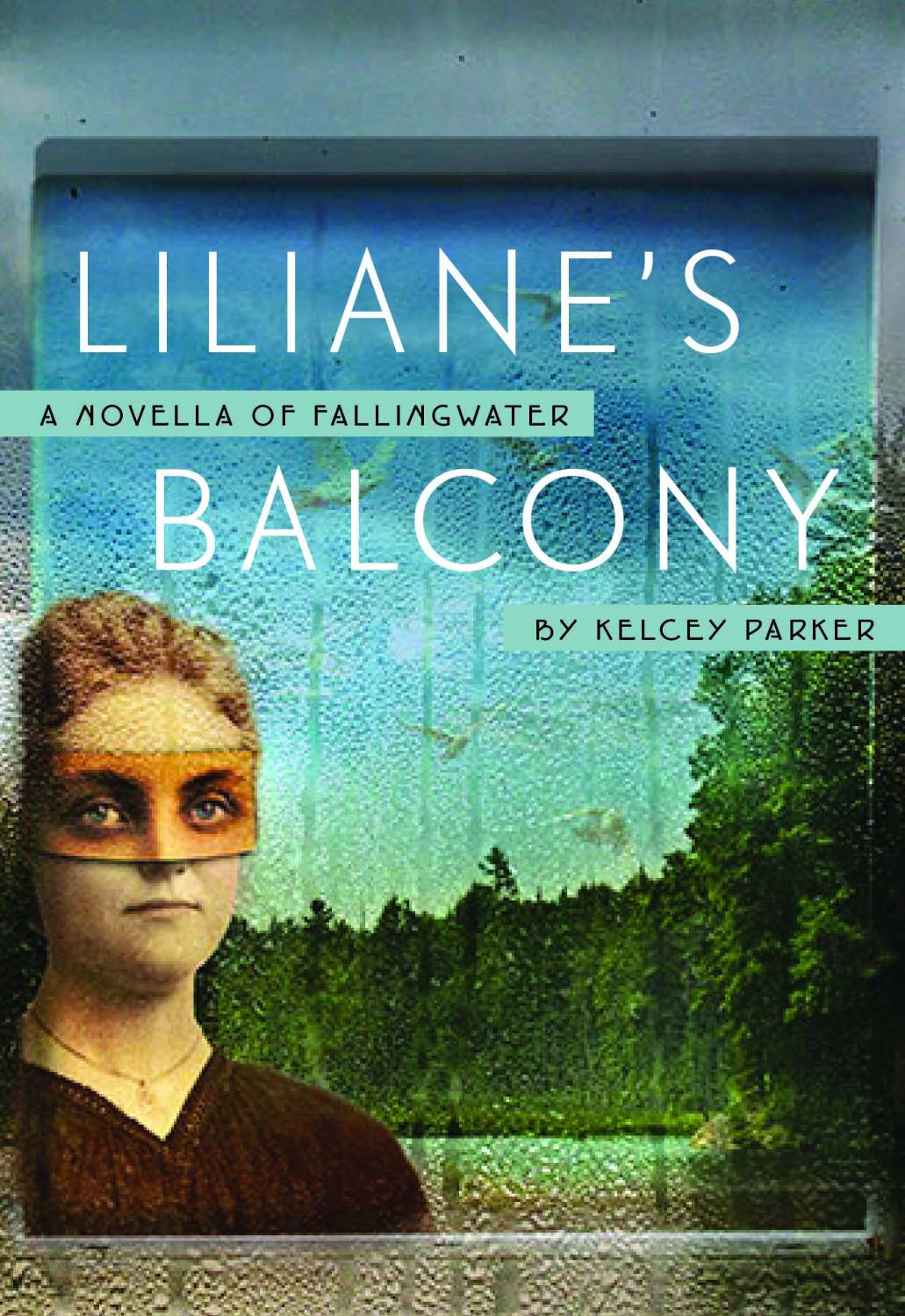I have still probably read more of your work than that of any other writer, a calculation that I now make with alarm and slight nausea, as if I’ve just figured out how many total gallons of Mountain Dew I have consumed in the past 44 years.

Mr. Clavell:
Given that you and I do not know one another—and, owing to your death in 1994, never will—I trust you will either appreciate or forgive the formality of my salutation. It is, after all, something that I learned from you, or more precisely from your 1981 novel Noble House, in which you depict British residents of Hong Kong wincing at the presumptuous overfamiliarity of visiting Americans. The rules of style and decorum that we learn in our early teens shape us for life, and today, more than thirty years after I read the book, I still always hesitate to use first names in professional correspondence—even though I’m no longer certain whether your intent was to critique the cloddish Yankees or the stuffy expat Brits.
I’m not sure how well I understood it at the time—the time being the mid-1980s, for me the end of junior high, the beginning of high school—but these sorts of cross-cultural frictions and flirtations were your great subject, one that you pursued in a confident, energetic, entertaining, trashy, reductive, and extremely problematic manner over the course of about 6000 mass-market-paperback pages, from your 1962 debut King Rat to your 1993 career capstone Gai-Jin. I confess that I pulled the plug after the excesses of 1986’s Whirlwind—wherein over the course of eight or nine pages you memorably introduce a character, set out his elaborate backstory (which includes distant familial connections to characters in your other novels) and then kill him off, never to mention him again—but it terms of total volume I have still probably read more of your work than that of any other writer, a calculation that I now make with alarm and slight nausea, as if I’ve just figured out how many total gallons of Mountain Dew I have consumed in the past 44 years.
 My route in was the same one taken by most others: the 1980 NBC miniseries adaptation of your 1975 novel Shōgun. Given the many warnings of mature content with which it was garlanded when it originally aired, my parents didn’t let me see any of it, although I’m pretty sure I heard most of it from an adjacent room, which was probably even more captivating. When NBC reran it a few years later, I was deemed old enough to watch, and watch I did, as it aired and again on videotape. My father had the paperback—which I imagine he, like an estimated 2.1 million other Americans, purchased during the original broadcast—and I psyched myself up to tackle it: the first novel written for adults that I can remember reading without being assigned to do so.
My route in was the same one taken by most others: the 1980 NBC miniseries adaptation of your 1975 novel Shōgun. Given the many warnings of mature content with which it was garlanded when it originally aired, my parents didn’t let me see any of it, although I’m pretty sure I heard most of it from an adjacent room, which was probably even more captivating. When NBC reran it a few years later, I was deemed old enough to watch, and watch I did, as it aired and again on videotape. My father had the paperback—which I imagine he, like an estimated 2.1 million other Americans, purchased during the original broadcast—and I psyched myself up to tackle it: the first novel written for adults that I can remember reading without being assigned to do so.
Though the miniseries was appealing to me in the same way it was appealing to pretty much everyone—i.e. as a lavish and lurid production, set in a vividly-evoked world—it held a more specific attraction, as well. To one such as me, who had proven less than adept at navigating the social rituals of my own clan, the narrative of John Blackthorne’s gradual metamorphosis from scurvy English sailor to respected samurai was an encouraging reminder that culture is a choice (although not one that all are equally free to make, to be sure). Your portrayal of this individualistic and willful bucking of convention—pitched, like all your work, somewhere between T.E. Lawrence and Ayn Rand—found a very receptive audience in teenaged me.
In retrospect, Richard Chamberlain’s performance as Blackthorne was probably broadcasting on yet another, more subtle channel—presenting a queerish fantasy of escape from a crass and brutal homosocial shipboard environment into a realm of disciplined aestheticism and clean silk kimonos—that was very compelling to a kid like me: straight, but not performatively so. There is, of course, a longstanding association between orientalism and queerness, with the former providing a frame and coded language to discuss the latter, but to the extent that that’s at work in the miniseries, it seems to be absent from your printed pages. While your books—particularly your first and best novel, King Rat—do depict ambiguities of sexuality and gender, they pass over them fairly quickly. For all your concern with difference, you rarely dwell on any kind of ambiguity at all. Yours is a world of steady certainties and Gordian-knot solutions.
And that’s pretty much where you lost me. Over thousands and thousands of pages, what finally became wearing were your functional, essentialist characterizations: the simplicity of your psychological machinery. This is as true for your “Western” characters—your stoic Englishmen, your bold Scots, your brash Americans, your scheming Portuguese, your earthy Dutch, your hearty Finns . . . there seems to have been no nationality you couldn’t harpoon with a single adjective—as it is for your Asian ones; this, more than anywhere else, is where your conservatism becomes apparent. But when an Anglo-American writer assumes the authority to capture non-Western cultures in a few very broad strokes, that writer is participating in a tradition that carries a ton of nasty baggage, even—maybe even especially—if that writer comes to the subject with sincere fascination and admiration.
 And yet I still can’t quite disown you, or condemn your project in its entirety. Partly this is because you seemed aware—particularly in your early novels—that you could and should do better than your predecessors. Although Brits are your heroes and your point-of-view characters, and although you often feint toward the tradition of depicting white men as decisive leaders riding in to straighten out the backward Asians (e.g. Blackthorne is building a warship for his patron, Lord Toranaga, in order to challenge the naval dominance of the Portuguese), you generally flip this tradition on its head and show it as a manifestation of your protagonists’ hubris (e.g. Toranaga, who is playing a longer diplomatic game, burns Blackthorne’s unfinished ship). That said, while you may undercut the apparent superiority of your white protagonists, your own authority to depict remains unquestioned within the books themselves.
And yet I still can’t quite disown you, or condemn your project in its entirety. Partly this is because you seemed aware—particularly in your early novels—that you could and should do better than your predecessors. Although Brits are your heroes and your point-of-view characters, and although you often feint toward the tradition of depicting white men as decisive leaders riding in to straighten out the backward Asians (e.g. Blackthorne is building a warship for his patron, Lord Toranaga, in order to challenge the naval dominance of the Portuguese), you generally flip this tradition on its head and show it as a manifestation of your protagonists’ hubris (e.g. Toranaga, who is playing a longer diplomatic game, burns Blackthorne’s unfinished ship). That said, while you may undercut the apparent superiority of your white protagonists, your own authority to depict remains unquestioned within the books themselves.
The idea that I can’t seem to shake—the one that leads me to revisit my young-adult binge on your work, the one that I will now advance with some trepidation in this letter to you—is that there might be something redeemable in the orientalist impulse: not praiseworthy, surely, but forgivable, even potentially beneficial. Without a doubt, orientalist fictions like yours are guilty of infractions for which they should be held to account, their blithe instrumental appropriation of complex human experience foremost among them. But at the inarticulate root of this impulse there is perhaps a motive that can be redirected toward positive ends: a certain xenophilic thrill, an attraction to what is different. In keeping with the undercurrent of much orientalist art, I am tempted to apply a sexual analogy: while the most successful and desirable pairings-off are prompted by a shared compassion that’s immediate and profound, many couples of long standing are initially drawn together by a superficial erotic connection, and love and respect emerge over time. Eros is not as sustaining as philia and agape, but we still call it love.
Whenever I find myself on the verge of disavowing our past affiliation, I take a moment to recall the subject of your first book, and what seems to have drawn you toward Asian cultures: the fact that you were a Japanese prisoner during World War II. You very easily could have reacted to your captivity and harsh treatment by developing enmity toward Japanese culture, or by simply ignoring or avoiding it, but you chose instead to immerse yourself in it and embrace it—initially, perhaps, to master the thing that had mastered you, but ultimately, I think, from a genuine desire to connect with dissimilar humanity. A key task of fiction is to explore and imaginatively inhabit consciousnesses that are unlike our own; therefore I choose to credit you with acting toward this end, and to forgive—but not forget—the ways in which you were unable to make good on its full promise.
May you rest in peace,
Martin Seay
——-
[This is the latest post in the new Letters to Dead Authors series.]

Martin Seay’s first novel, The Mirror Thief, has just been released by Melville House. He lives in Chicago with his spouse, the writer Kathleen Rooney.
Born in Australia as a British subject and later naturalized as an American citizen, James Clavell (1921–1994) was the successful screenwriter of films including The Fly, The Great Escape, and To Sir, with Love before he became a best-selling novelist.









A really thoughful and thought-provoking letter. Makes me want to read the work of both authors! Thanks.